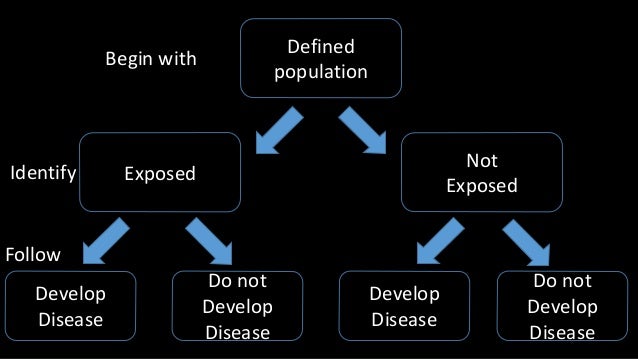

- #Types of retrospective studies update#
- #Types of retrospective studies registration#
- #Types of retrospective studies trial#
Sponsors should register their trial according to the guidance above. For more information about automatic registration, see the questions and answers pages.ĬTIMPs and IMP/device trials submitted through combined review before January 2022 have not been automatically registered.
#Types of retrospective studies registration#
ISRCTN will also let us know the registration number for your trial, so you don’t need to email us. ISRCTN will be in touch with you to ask for some additional information to finalise the registration.

You should ensure that the record in the registry is kept up to date as the study progresses. The lawful basis for processing the data for this purpose is official authority under the NHS Care Act 2014 (see our privacy notice). Information will be sent directly to ISRCTN for registration. We’ve partnered with ISRCTN Registry to register trials submitted through combined review on behalf of sponsors.Īll clinical trials of investigational medicinal products (CTIMPs) and combined trials of an investigational medicinal product and an investigational medical device (IMP/device trials) submitted on or after 1 January 2022 for combined review in the new part of IRAS are automatically registered on ISRCTN Registry. Registration of trials submitted through combined review For clinical trials (other than adult Phase 1 studies) involving both UK and EU sites, a record in the EU Clinical Trials Register will satisfy the REC favourable opinion condition for registration. It accepts interventional clinical trials that are conducted in the European Union (EU) and the European Economic Area (EEA) as well as clinical trials conducted outside the EU / EEA that are linked to European paediatric-medicine development.


a clinical trial of an investigational medicinal product.
#Types of retrospective studies update#
If you make amendments to your study, update the record in the registry as needed. You should ensure you keep the record in the registry up to date. If you register after submitting your IRAS application, please email the REC with your registration number to be added to the study records. If your trial is already registered when you complete your IRAS application, you should include your registration number. You should register your trial before the first participant is recruited and no later than six weeks after. It is a condition of a Research Ethics Committee (REC) favourable opinion that a clinical trial is registered.


 0 kommentar(er)
0 kommentar(er)
